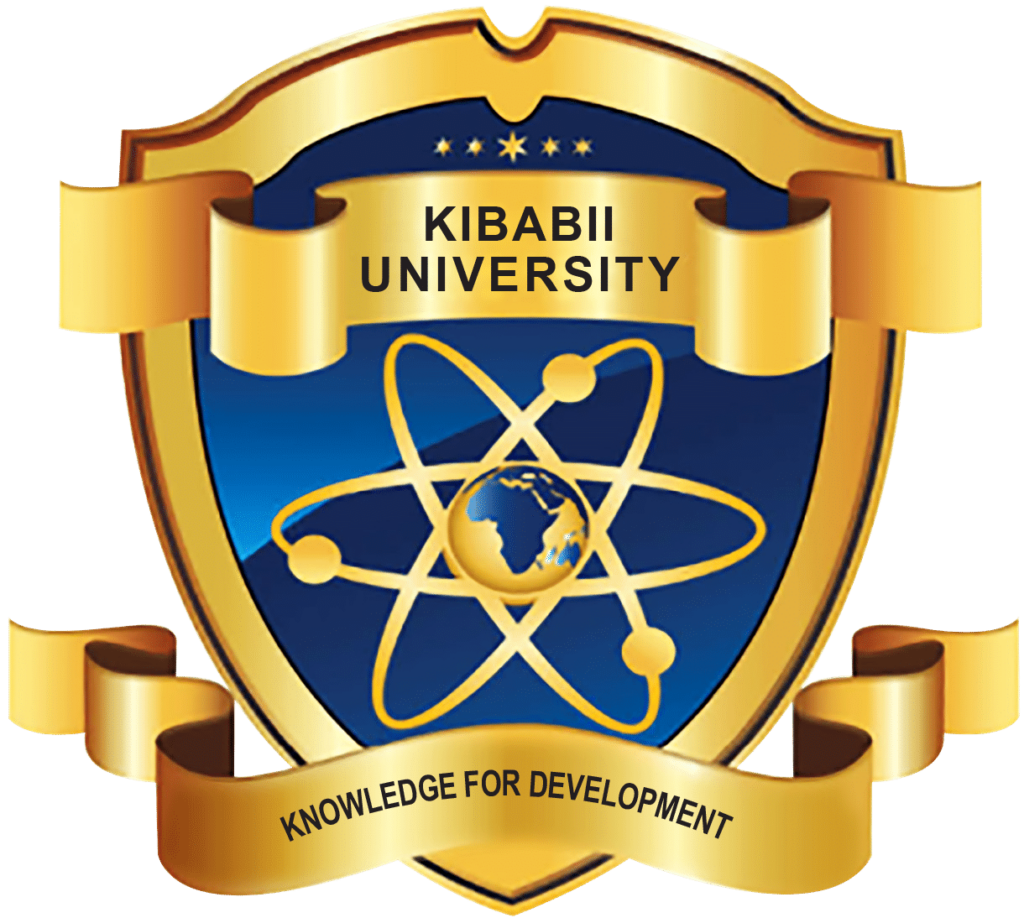THESIS TITLE: Requirement Elicitation Framework for Re-Engineering Diagnostic Health Care Information Systems in Kenya
Student Name: Rose Khamusali Okwemba
Supervisors:
- Anselemo P. Ikoha, PhD
- Juma H. Kilwake
ABSTRACT
Requirements elicitation is concerned with the extraction of users’ requirements, which involves cognitive, social, communication and technical issues. This process has been affected by legacy systems which are outdated computer systems, programming languages, application software and processes that are no longer applicable to current context but are being used instead of available upgraded versions. The purpose of the study was to investigate Requirement Elicitation process in the Re-engineering of Diagnostic Health care information Systems and develop a Frame Work. Re-engineering legacy systems to modern environment will play an important role in the decision making process, especially in the way the data is collected and presented through a computing platform. The study was to establish appropriateness of existing Elicitation Techniques for re-engineering diagnostic health care information system, determine Attributes for re-engineering legacy systems and design a Frame work to be used during elicitation process. The study was conducted in Uasin-Gishu Count in Eldoret District Hospital. Mixed method design involving experimental and case study was used. The target population was 250 respondents. Through the use of stratified random sampling technique, sample size of 152 respondents was calculated by use of Krejcie and Morgan table 1970. Data was collected by use of questionnaires and interviews. The research instruments were tested for validity through serious scrutiny by experts and academic supervisors while reliability was tested through test and re-test. Descriptive, Correlation and Regression statistics were used in the analysis of data. The analyzed data was presented by use of tables and graphs. The findings of the study revealed that correlation between Elicitation Techniques and Re-engineering was significant at r= .936** and also correlation between Attributes and Re-engineering was significant at 0.936** respectively where P<0.01. The outcome of this research is a Systematic Management Analytic Requirement Frame work (SMARF). The frame work reliability and validity was tested by twelve experts to ensure usability and acceptability by users. Evaluating tool for the frame work has been suggested for further research.

